
Healthy personal habits can prevent you from getting illnesses and thus make you feel good about yourself. Find out what are the good practices of personal hygiene.
What are the good practices of personal hygiene?
- Shower often. Washing the body at least once a day helps to keep it away from disease-causing germs.
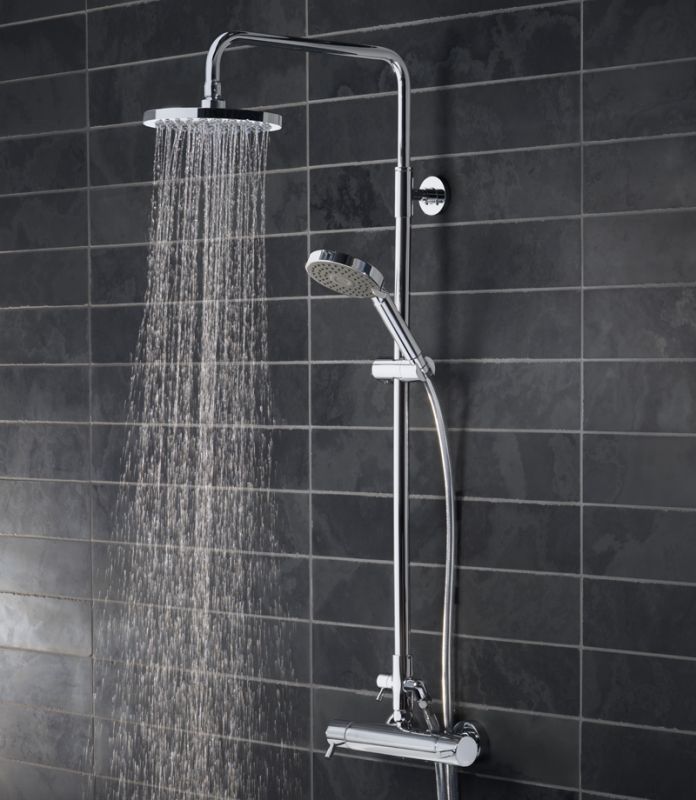
- Washing your hair with shampoo regularly.
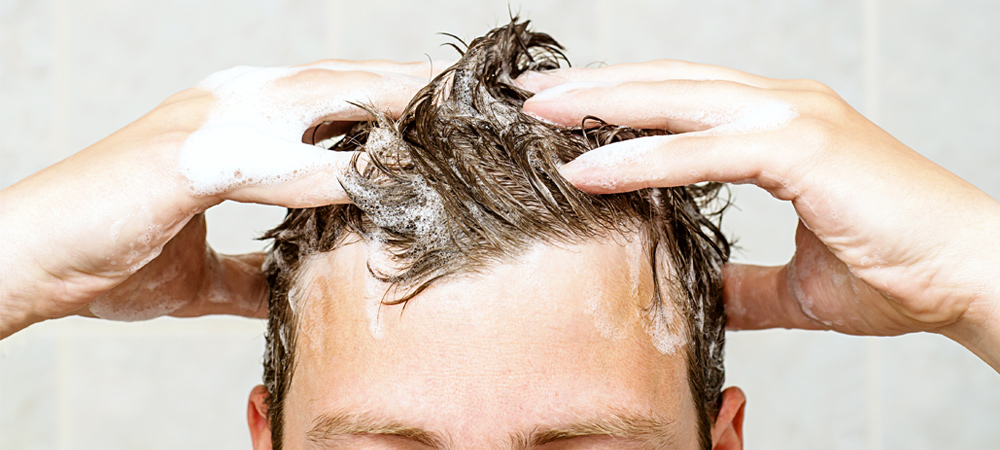
- Brushing teeth at least twice a day and floss daily. Ideally, you should brush your teeth after each meal. Cleaning the teeth helps to minimize bacteria accumulation in the mouth that may cause tooth decay and gum disease. Flossing also helps to maintain strong, healthy gums. To maintain a healthy smile, visit your dentist every 6 months for checkups and cleanings.
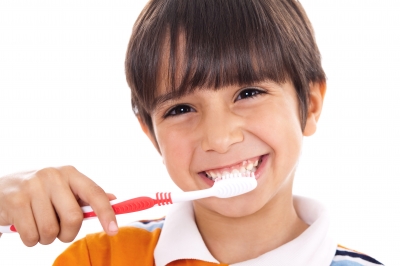
- Washing hands with soap after using the toilet.
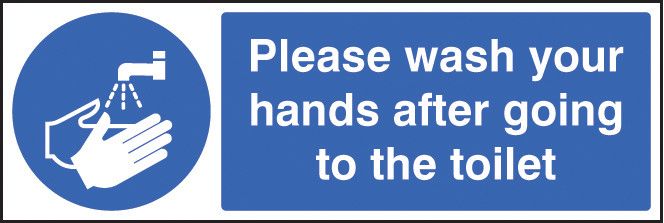
- Washing hands with soap before, during, and after preparing and/or eating food.

- Turn away from other people and cover your nose and mouth with a tissue or handkerchief when coughing or sneezing.
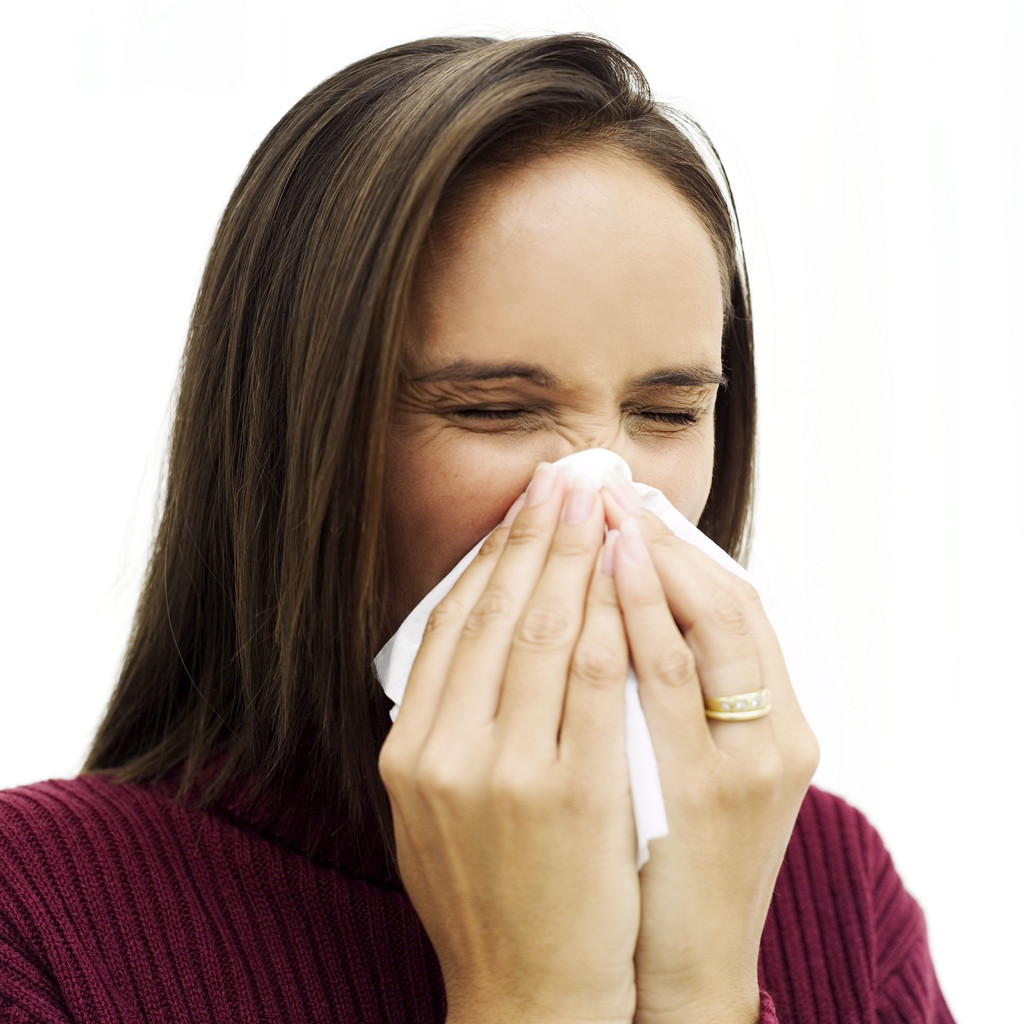
- Trim your finger- and toe-nails. Keeping them trimmed and in good shape will prevent problems like ingrown nails and infected nailbeds.
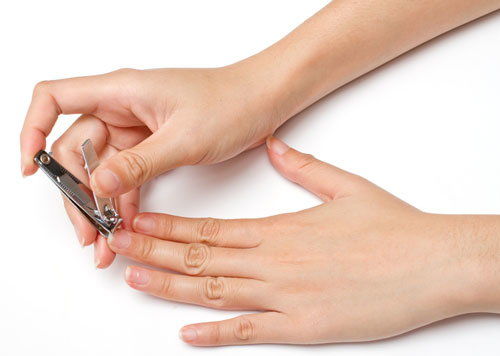
- Sleep well. Ensure to get plenty of rest; at least 8 hours a night so that you will feel refreshed the next day. Read here to know the hours of sleep you should get based on your age. Lack of sleep may not only make you feel groggy, but also compromise your body's immune system.

References:
- Personal Hygiene | Department of Health (Australia)
- A Good Guide to Good Personal Hygiene | Everyday Health








